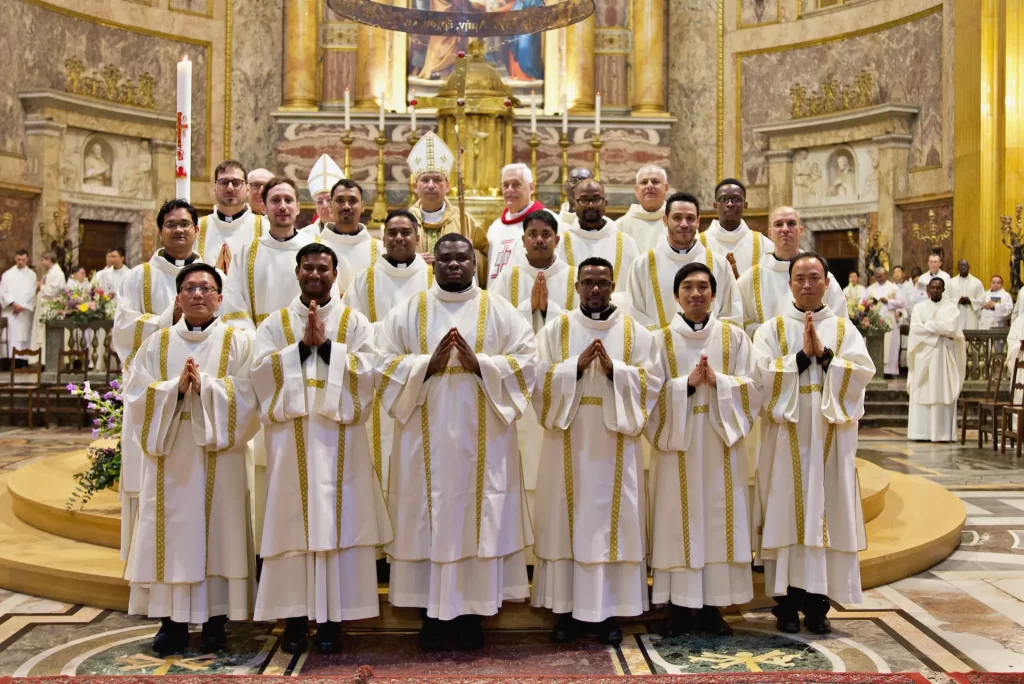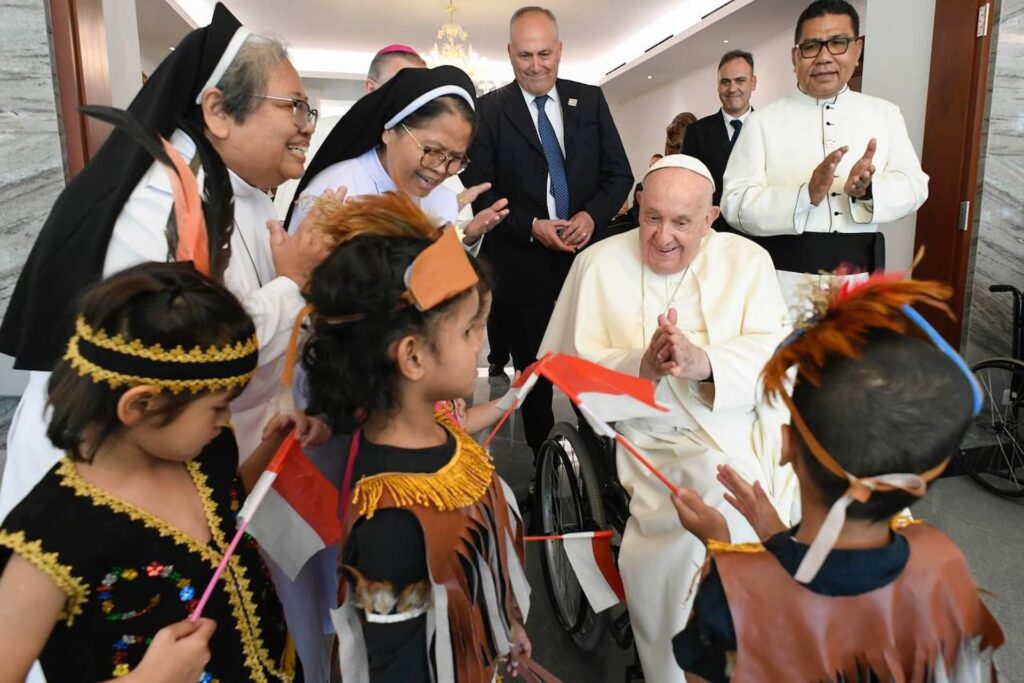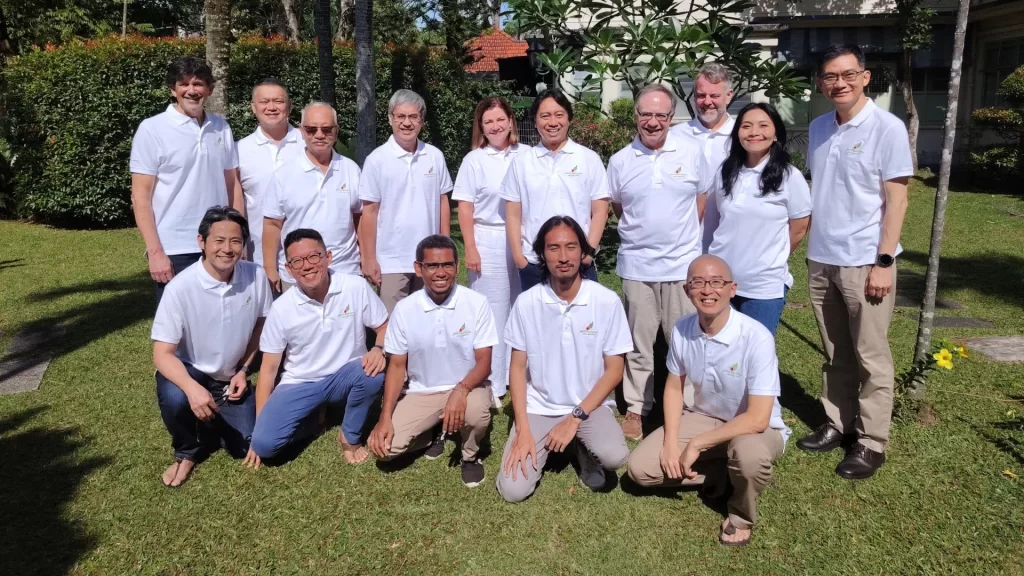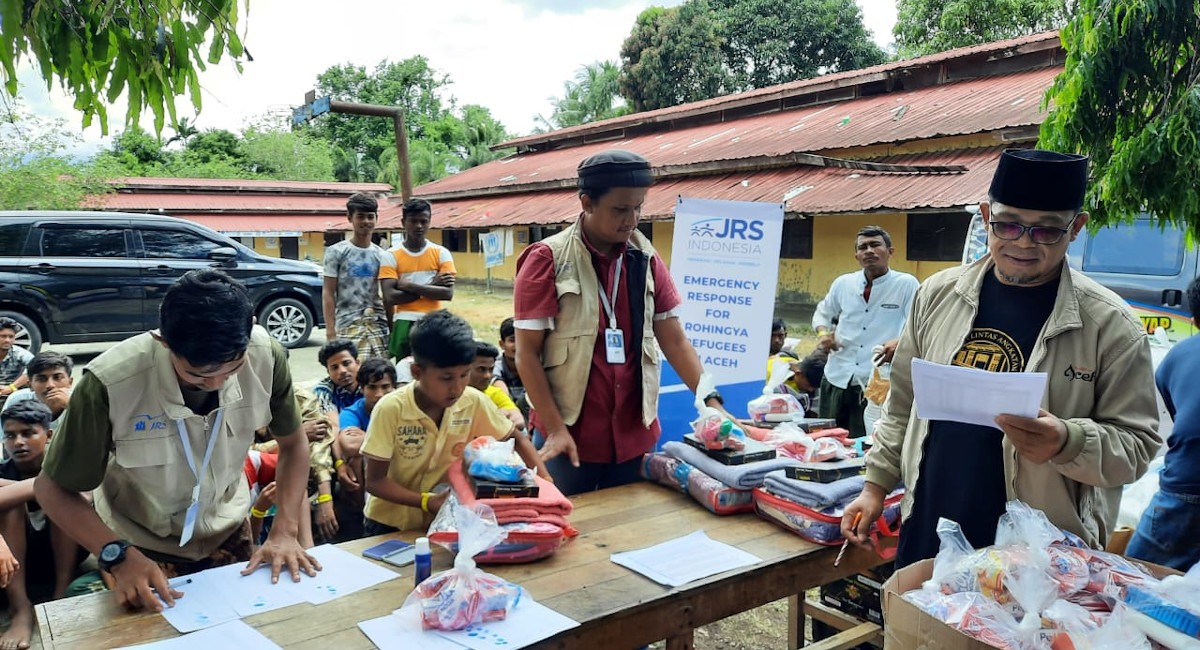
Jesus was a stranger and a refugee. As we know, Jesus’ birth posed a significant threat to Herod. When he heard from the three wise men from the East that a king would be born in the city of Bethlehem who would save the world, Herod was extremely disturbed and frightened because he thought it would threaten his throne. This led Joseph and Mary to bring Jesus to Egypt, compelled by Herod’s ruthless threat to kill all babies under the age of two.
From 2015 to 2017, waves of Rohingya ethnic refugees fleeing persecution in Myanmar steadily arrived in Aceh, Indonesia. However, a renewed surge occurred on 14 November 2023, as nearly 2,000 refugees arrived in Indonesian waters, making their way to Aceh between mid-November and early January 2024. This unexpected wave startled the people of Aceh. Previously, the community accepted the refugees gladly because they shared the same Muslim faith. But this time, the refugees faced less acceptance and, in some cases, outright rejection by the local population.
Upon investigation, the rejection stemmed from a combination of factors. One significant reason was the sheer volume of refugees, overwhelming the capacity of the local community to provide support. Additionally, the attitudes of many of the recent refugees were perceived to be detrimental and disturbing. Among those reported were a lack of gratitude for the assistance provided and behaviours that were deemed immoral and disruptive to the modest lifestyle of the local people.
In early December, the Indonesian government, through a presidential statement, announced that it would provide temporary refuge for the recently arrived Rohingya ethnic refugees for humanitarian reasons and for an indefinite period of time. But the Indonesian government clarified that it could not extend citizenship to the refugees because the country is not a signatory to international agreements related to hosting refugees and because many Indonesians still live in poverty.
On the morning of 27 December, hundreds of students suddenly staged a demonstration to relocate Rohingya refugees from the shelter in the basement of the Aceh government building to a different facility situated far from residential areas. The students were motivated by concerns about their own safety and comfort, asserting that the presence of the refugees posed disruptions and threatened the peace of the local people. The students demanded that the local and central governments immediately address the situation.
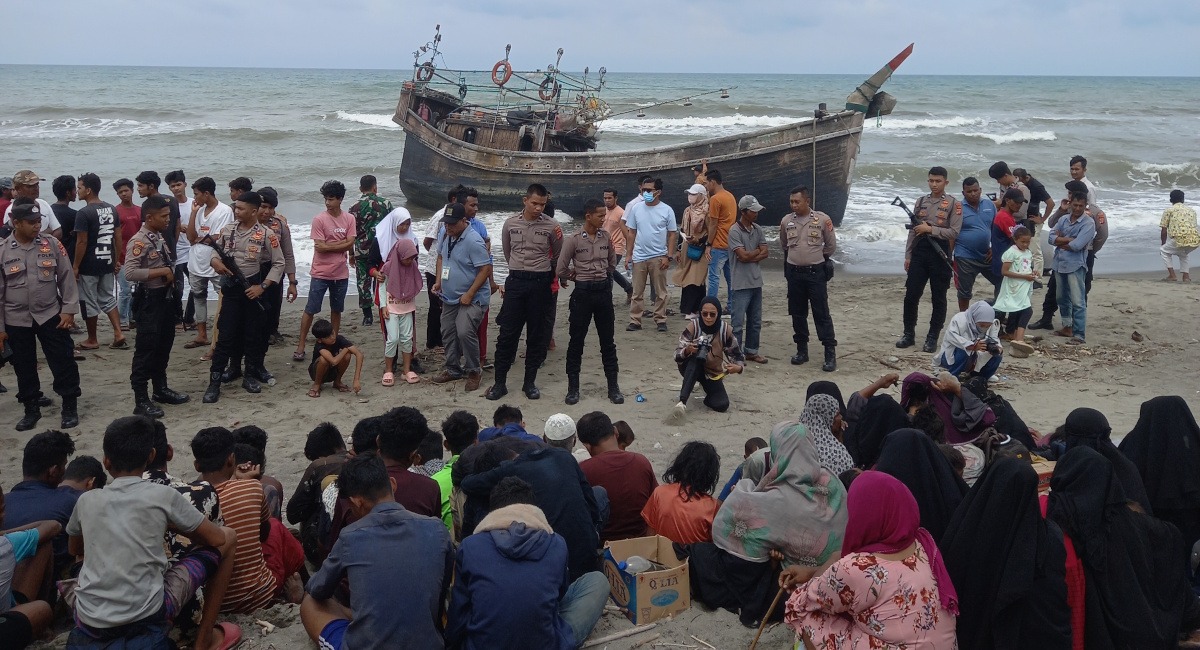
It is important to note that discussions around immigration and refugee policies are complex, involving various factors such as national security, economic considerations, and political dynamics. Can we then justify the actions of those who reject, expel, and send back refugees?
Pope Francis’ message of “Welcome, Promote, Protect, and Integrate” migrants and refugees takes its basis from Matthew 25: 35–40: “For I was hungry and you gave me food, I was thirsty and you gave me drink, a stranger and you welcomed me….”
Mahfud MD, the country’s Minister for Political, Legal, and Security Affairs, used a persuasive approach by reminding the people of Aceh of their own history. In 2006, when Aceh was devastated by a great tsunami that claimed many lives, the local people received assistance from the international community. Today, their Rohingya brothers and sisters from Myanmar experience persecution in their own country, and their lives are threatened. “Don’t we have the compassion to help them?” he asked. This reflective question evoked a sense of empathy and shared humanity from the local population, helping them realise the urgent humanitarian action needed among the community.
For its part, Jesuit Refugee Service (JRS) Indonesia provides a 72-hour emergency response for refugees landing in Pidie, Bireuen, and East Aceh, and runs a community kitchen for refugees in Bireuen.
Both JRS’ and Mahfud’s approaches align with Pope Francis’ message encouraging a compassionate and inclusive approach to those seeking refuge and urging individuals and societies to find humane and just solutions to address the challenges associated with migration.
Indeed, the Spirit blows wherever the spirit wants to save people in need and the poor, who are always in the inner heart of God.




